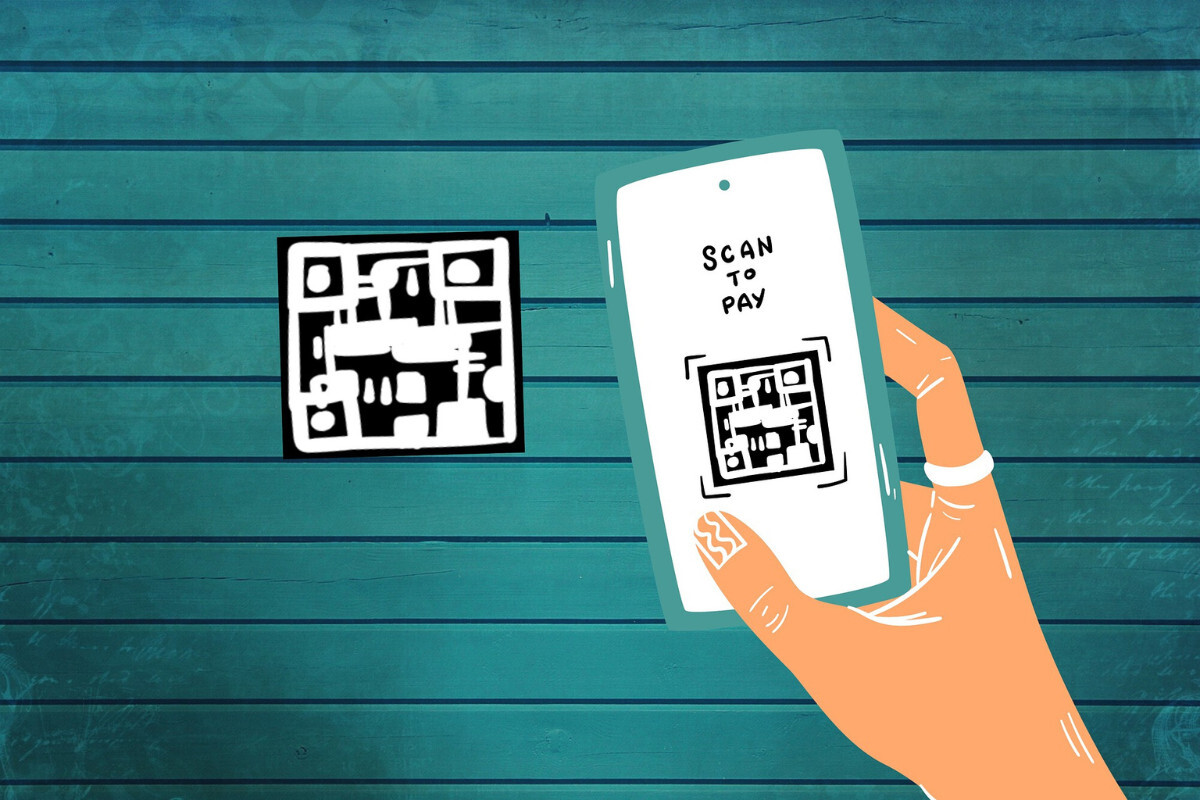It’s Time to Demand More from IoT Developers
Distributed Denial-of-Service (DDoS) attacks exploit the very foundation of online connectivity. By taking aim at the foundation of your site’s infrastructure, attackers can cause millions in damages, cutting their victim off from their own online presence. Since 2016, Internet of Things (IoT) devices have rapidly bolstered the ranks of DDoS botnets: now, over half a decade later, the number of online devices continues to increase exponentially. The repercussions of this are ricocheting throughout business and governmental organizations, making DDoS protection a vital part of a modern organization’s defenses.
How DDoS Is A Universal Threat
When you attempt to load a webpage, or access an application, your request travels from your browser, via your network, to the hosting server. This server handles the processing of such a request, identifying and returning the precise page you want to see. This cyclical process of request handling is the foundation of the internet: Google alone oversees the processing of 3.5 billion requests per day.
DDoS attacks aim to disrupt the legitimate traffic that a targeted server, organization or network usually relies on by overwhelming its critical infrastructure. Returning a page requires the server to dedicate a small amount of processing power to that task. Each request may only draw small amounts of power, but this directly scales with the number of users requesting a page. When a victim is targeted by the DDoS’ botnet, each bot is individually weaponized to continuously send requests to the victim’s app or site. This sudden influx of requests places incredible strain upon the supporting servers; it’s also impossible to simply block the flood of incoming IP addresses, thanks to the fact that each device looks identical to a legitimate user.
In the days of on-prem server stacks, DDoS attacks could easily wipe out an organization’s online presence: the processing power would exceed the server’s capacity, and simply make the site unavailable for legitimate users. Now, however, cloud computing has unshackled small businesses from local servers. The scalability of cloud-based server providers may mean that your…


